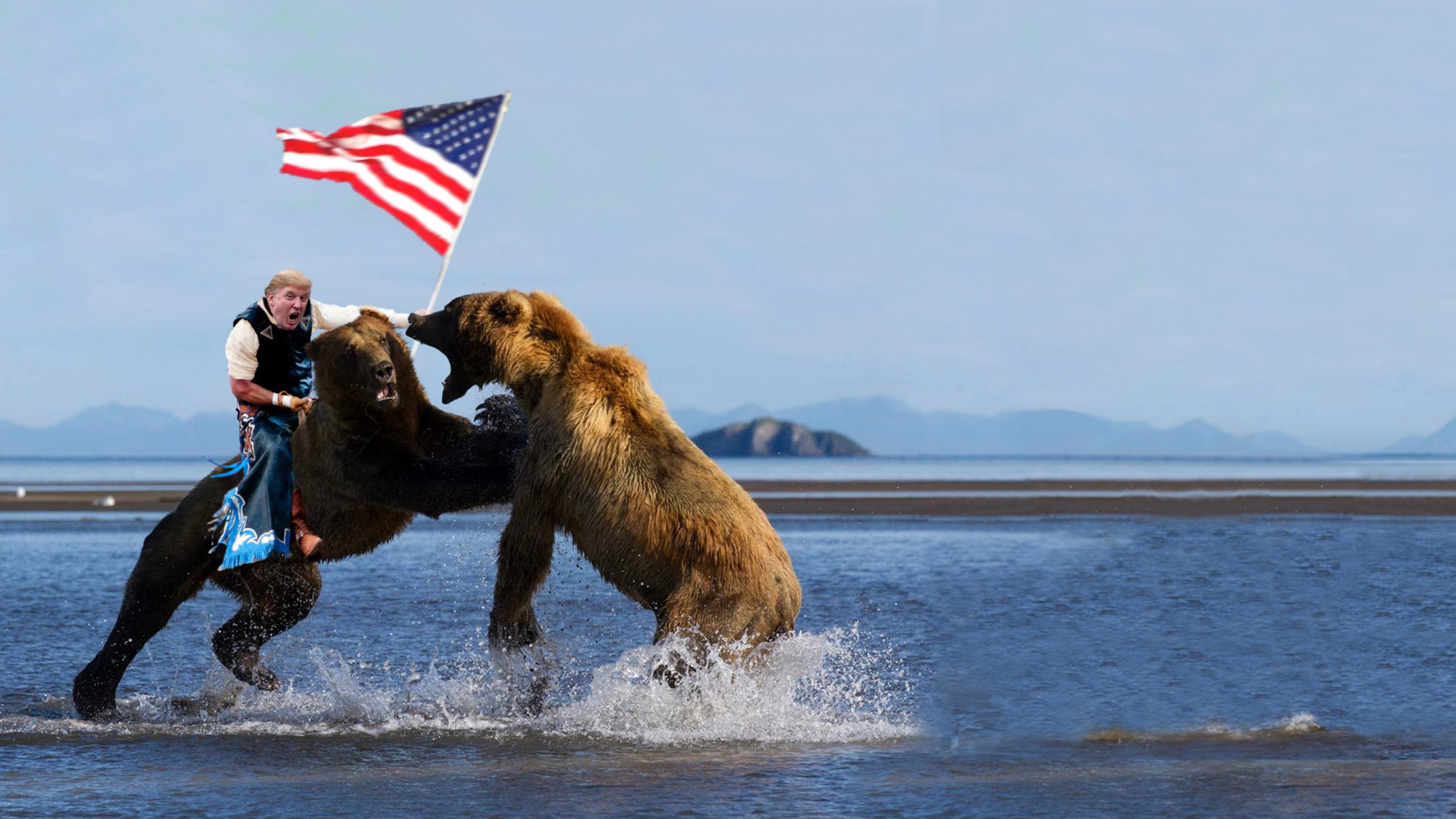What do Britain’s EU exit vote, Donald Trump and Vanuatu have in common? Too much, actually.
When Great Britain turned its back on Europe, markets reacted predictably, shedding trillions of dollars in value. Japan’s Nikkei exchange, among the first to open after the vote result, suffered its biggest loss in over a decade and a half, knocking nearly 8% off its value in a day.
Media have been all over the calamity, reporting the unintended consequences of the UK’s knee-jerk rejection of Polish plumbers. Likewise, the international commentariat have made hay from the unprecedented—some say unforeseeable—rise of Donald Trump as the Republican presidential candidate in the upcoming US election.
Many have asked, but few have answered: how did we get here, anyway?
People have been griping about immigrants since the dawn of time. I’m pretty sure that any self-respecting classical scholar would be able to dig up a Roman rant against those shifty Gauls tramping all over traditional Republican values and stealing Roman jobs.
Donald Trump has been angling for a seat in the Oval Office since 1998. But as long as we were willing to listen to reason, he never stood a chance. Nor did the ideas propounded by the UK Independence Party, or UKIP.
Social media changed that. The sudden flood of counter-factual, exclusionist, biased, fear-mongering noise—don’t call it information—that floods our Facebook timelines has subverted our conception of how things are, and how they could be.
This isn’t accidental, nor is it new. Read more “Brexit, pursued by a bear”

